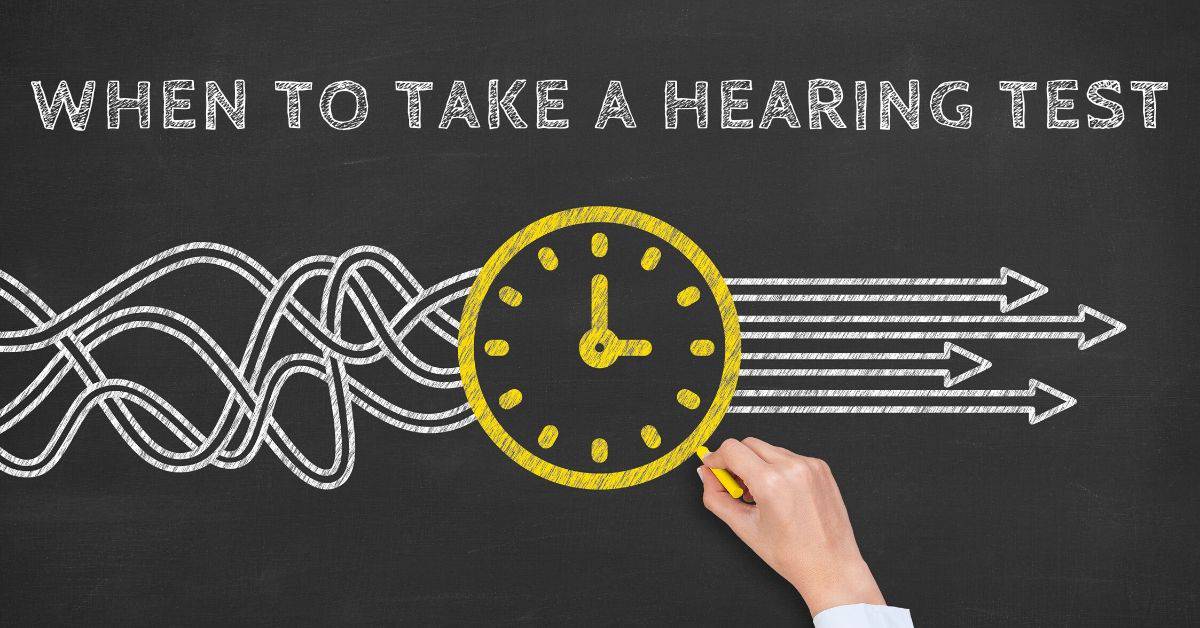- How to Recognize the First Signs of Hearing Loss - June 5, 2025
- Understanding the Connection Between Tinnitus and Weather - May 17, 2025
- The Most Unexpected Reasons Hearing Aids Can Malfunction - May 9, 2025
The website Consumer Reports recently ran a poll of more than 120,000 members on hearing and hearing loss. They found that almost 30 percent said they have gone for more than a decade without having their hearing tested or tested at all.
And people may not always understand when they have a hearing problem. According to a new study published in JAMA Otolaryngology-Head & Neck Surgery, some older adults may be underestimating their level of hearing loss. It can lead some people not to get the hearing aid they would benefit from, say the researchers.
If you’re not sure if you have a hearing loss, then there are some things to look for.
1. You like it loud
One of the first clues to hearing problems is when the volume on your televisions, stereos, phones, and other devices is cranked up.
When you keep the volume in the upper third of its capacity, or if your friends and family comment on how loud you are keeping volume levels, that’s a definite warning sign.
Turning the music slightly louder over many years is an almost unconscious way to make up for the sounds you have trouble hearing. Paying attention to how high you set volume levels and comparing it to your friends and family is an excellent way to know how much you are compensating.
2. You can’t understand your eating partner in a restaurant
Hearing loss can make it difficult to hear in areas where there is lots of background noise, such as in planes or vehicles, at a party, in a restaurant and particularly when there are lots of people talking.
The failure to participate in discussions when you can’t hear properly may have mental effects. We now have growing evidence that there is a strong correlation between unaddressed or undeserved hearing loss and cognitive decline.
3. You often ask people to repeat themselves
Asking others to repeat themselves endlessly is not only annoying to others who want to tell you something, but it can also begin to make you feel awkward. It’s precisely for this reason that people who have hearing loss sometimes turn to nod and to smile when people speak, even if they don’t catch a word.
4. You have trouble talking on the phone
Cell phone communications aren’t flawless, and we might miss a word from time to time. An individual with normal hearing, with minimal mental effort, will usually fill in any gaps from the background. But for a person with even a moderate hearing impairment, sound quality deficiencies can lead to a significant decline in understanding.
5. You have a ringing in your ears
Ringing in your ears may not only be distracting but can also be a sign of harm to your hearing. When you hear ringing in your ears, wait first to see if it goes away. Loud sounds, like watching a concert, will cause you to ring your ears, but only for a while.
If it does not end, it could be a warning sign that you are losing your hearing. Get your hearing checked to see if there are any problems.
6. Why you should take a test
If you responded yes to any of these questions, you’d benefit from a hearing test.
Your sense of hearing can be relevant to your health, both physically and emotionally. Your ability to lead an autonomous, social, and emotionally healthy life can rely on your ability to communicate effectively with others.
Additionally, untreated hearing loss was associated with lower income potential as well as other health problems such as stress, depression, and loneliness.
Researchers at Johns Hopkins University also report that there is a correlation between dementia and hearing loss and that treatments – even simple ones such as hearing aids – can mitigate the cognitive decline that can lead to dementia.
7. What to expect from a hearing test
The ability to perceive sound will be tested during a hearing check, and some aspects related to your hearing health will be discussed. These include:
- How do other people think of your hearing?
- What have you had to change about your everyday life because of hearing issues?
- What situations would you like to hear better?
Since your hearing can also affect your family, you should bring a family member to help with this assessment.
We’ll work with you here to find the right treatment to match your personal needs. If you wish to schedule an appointment or have any questions about our services, please contact us today!

